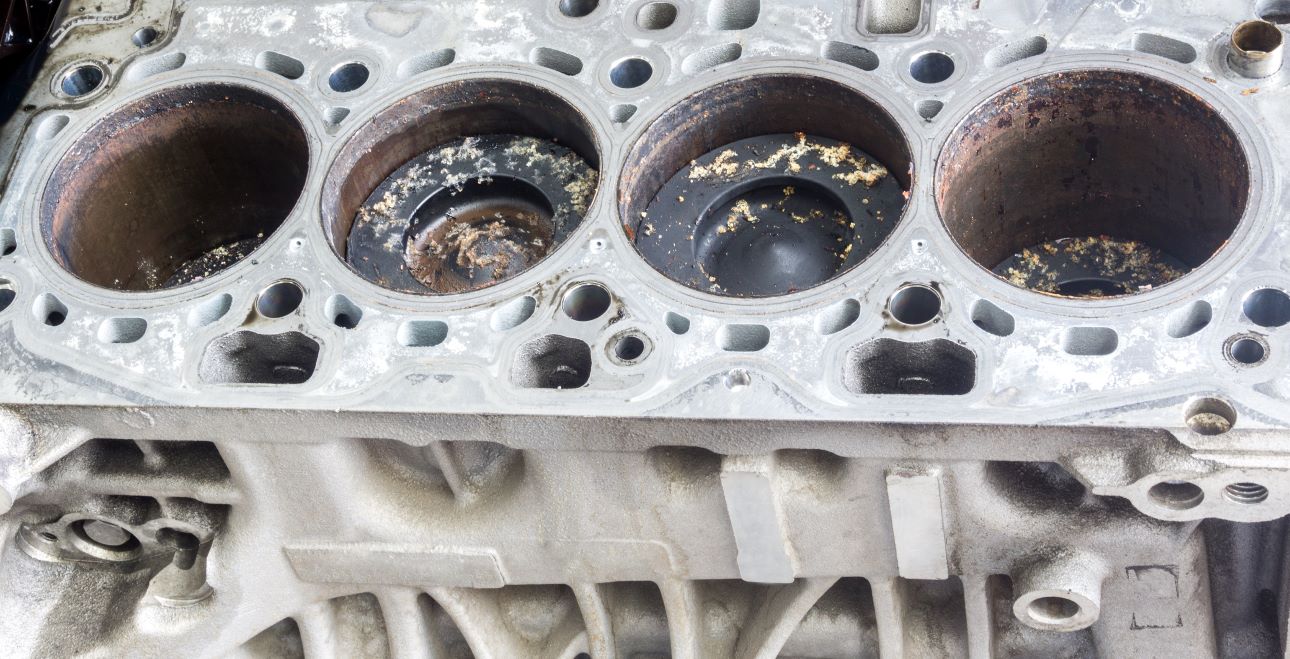Intermediates provide an avenue for lubricant manufacturers to innovate and create high-performing products that cater to the growing demands of consumers. Multi-functional intermediates are specially engineered materials that deliver multiple benefits when incorporated into lubricants. They provide a unique advantage by simultaneously enhancing various properties of lubricants, including reducing friction, inhibiting corrosion, improving thermal stability, and controlling viscosity, among others.
customizable additives designed for formulators
By offering multiple benefits in a single ingredient, these materials simplify the formulation while improving the performance of the final product. Leveraging intermediates in lubricants allows engines, gears, and moving parts to perform optimally across a wide range of operating conditions.
This enhancement translates to less wear and tear, superior fuel efficiency, and smoother performance, leading to a notable increase in the life and reliability of mechanical components. The Texalene™ Intermediate portfolio offers the widest range of commercially available anhydride technologies, reinforcing their dominating position in the lubricant additive market. Learn more about Texalene™ 60 Series and Texalene™ 61 Series.
Texalene™ 60 and 61 Series
- organic, ashless
- reactive hydrophobe
- low vapor pressure
- provides anti-corrosion benefits
- offers lubricity improvement
ashless ingredients, protecting engine life
mobility corrosion inhibitors for lubricants Corrosion inhibitors help to decrease maintenance costs and lengthen the life of the equipment. In closed-loop automotive systems, like engines, gearboxes, and transmissions, corrosion inhibitor technology protects against moisture intrusion. When using Texalene™ Corrosion Inhibitors, water molecules and other corrosive species in the lubricant are displaced from metal surfaces in favor of our film-forming compounds.

increase efficiency and reduce friction
mobility lubricity improvers for fuels Lubricity improvers are used in fuel to avoid excessive wear on fuel pumps and injectors. The use of lubricity improvers is increasing, driven by highly refined fuels to improve fuel efficiency and reduce friction. Tighter design tolerances drive the need for the prevention of deposits and optimization of ignition timing, maximizing the fuel efficiency of the modern computer-controlled engine. Texalene™ 74 Series offers organic, ashless chemistry that helps extend maintenance intervals and engine life which reduces the environmental impact of servicing combustion engines.



